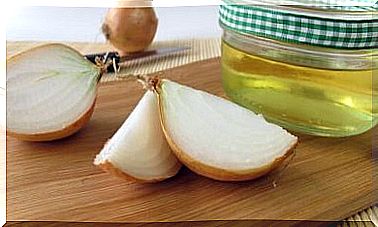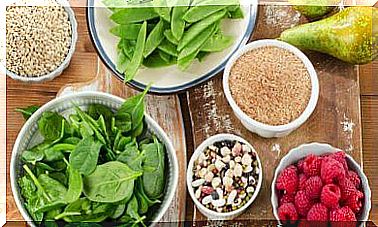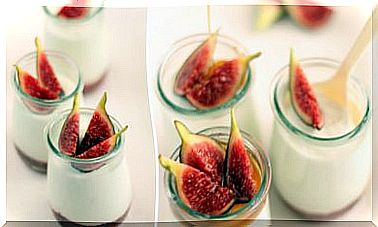Everything You Need To Know About Yarrow Tea
Yarrow tea is a natural product obtained from the plant known by the scientific name Achillea millefolium, which, in turn, belongs to the Asteraceae family . According to historical data, the name of its genus (Achillea) refers to the warrior Achilles from Greek mythology, who used the plant to treat the wounds of his soldiers.
According to a review published through the DARU Journal of Pharmaceutical Sciences , yarrow stands out for its significant concentration of phytochemicals, including flavonoids, terpenoids, and lignans. What is it for? We will detail it below.
Yarrow tea benefits and uses
In natural medicine, yarrow tea is used orally to soothe various digestive symptoms. Similarly, it is believed that it can help in the treatment of wounds. However, to date there is no solid evidence to prove these properties. Therefore, as with other herbal remedies, its use should be done with caution.
Although some studies indicate that this plant can provide certain benefits as herbal tea, extract or essential oil, the evidence is not entirely conclusive and it cannot be considered a substitute for medical treatments. Making this clear, let’s see some of its applications in the next space.
Contributes to digestive health
In traditional medicine, yarrow tea has been used as a support for digestion. In particular, it is believed to help reduce diarrhea, gas, and bloating. It is even advised as an adjunct in case of ulcers and irritable bowel syndrome (IBS).
The reason? Its content of flavonoids and alkaloids seems to contribute to the relief of these digestive problems, as indicated by research published in the African Journal of Traditional, Complementary and Alternative Medicines .
On the other hand, the extracts of the plant have antacid and anti-inflammatory properties, which have a protective effect against the damage caused by excess stomach acid. In an animal study published in the Journal of Ethnopharmacology , yarrow showed antiulcer properties. However, more evidence is required.

Stimulates wound healing
Without a doubt, one of the most traditional uses of yarrow tea is wound healing. In fact, its extracts are used in the preparation of poultices and ointments for this purpose.
An animal study published via Acta Poloniae Pharmaceutica determined that yarrow leaves have extracts with anti-inflammatory and antioxidant activity. These effects seem to have a positive impact on recovery from injuries.
On the other hand, this research established that the extracts of this plant contribute to increase fibroblasts, that is, the cells that are responsible for regenerating connective tissue. Thus, it can be considered a supplement in case of scars.
Supports brain health
Yarrow tea contributes to good brain function. Although there is little preliminary evidence in this regard, the findings seem promising regarding the use of the plant for cognitive problems.
A review published in the Iranian Journal of Basic Medical Sciences suggests that yarrow flavonoids serve as adjuvants to neurodegenerative disorders. Specifically, its antioxidant and anti-inflammatory action is positive in diseases such as the following:
- Multiple sclerosis.
- Alzheimer’s.
- Parkinson.
- Stroke
- Epilepsy.

Yarrow tea precautions and possible side effects
Yarrow tea is safe for most healthy adults, as long as it is consumed in moderation. However, in some people caution is necessary because of the possible risk of side effects. For example, pregnant women should avoid it as it can lead to miscarriages.
For safety, it is also important to avoid its use during lactation, as it can affect the menstrual cycle. It should also be avoided by people with bleeding disorders or who use blood-thinning medications, as it increases the risk of bleeding.
Along the same lines, the herb should not be ingested before or after surgeries, due to the risk of bleeding. Nor should it be taken by people with allergic reactions to ragweed and related plants.
There is no evidence on what is the safe dose of yarrow tea. It may vary depending on the age, health status and possible conditions of the consumer. It is best to consult with the doctor.









